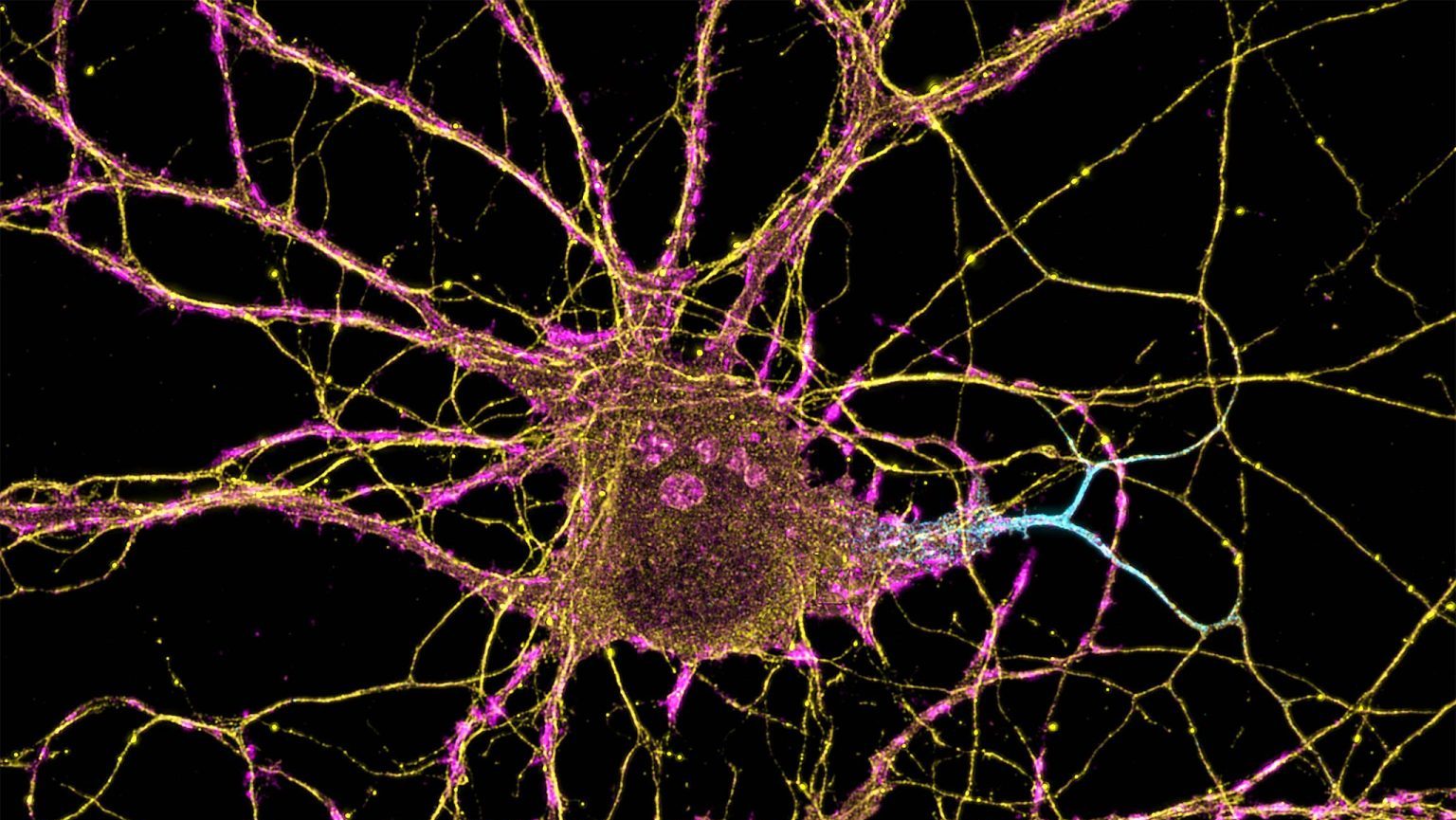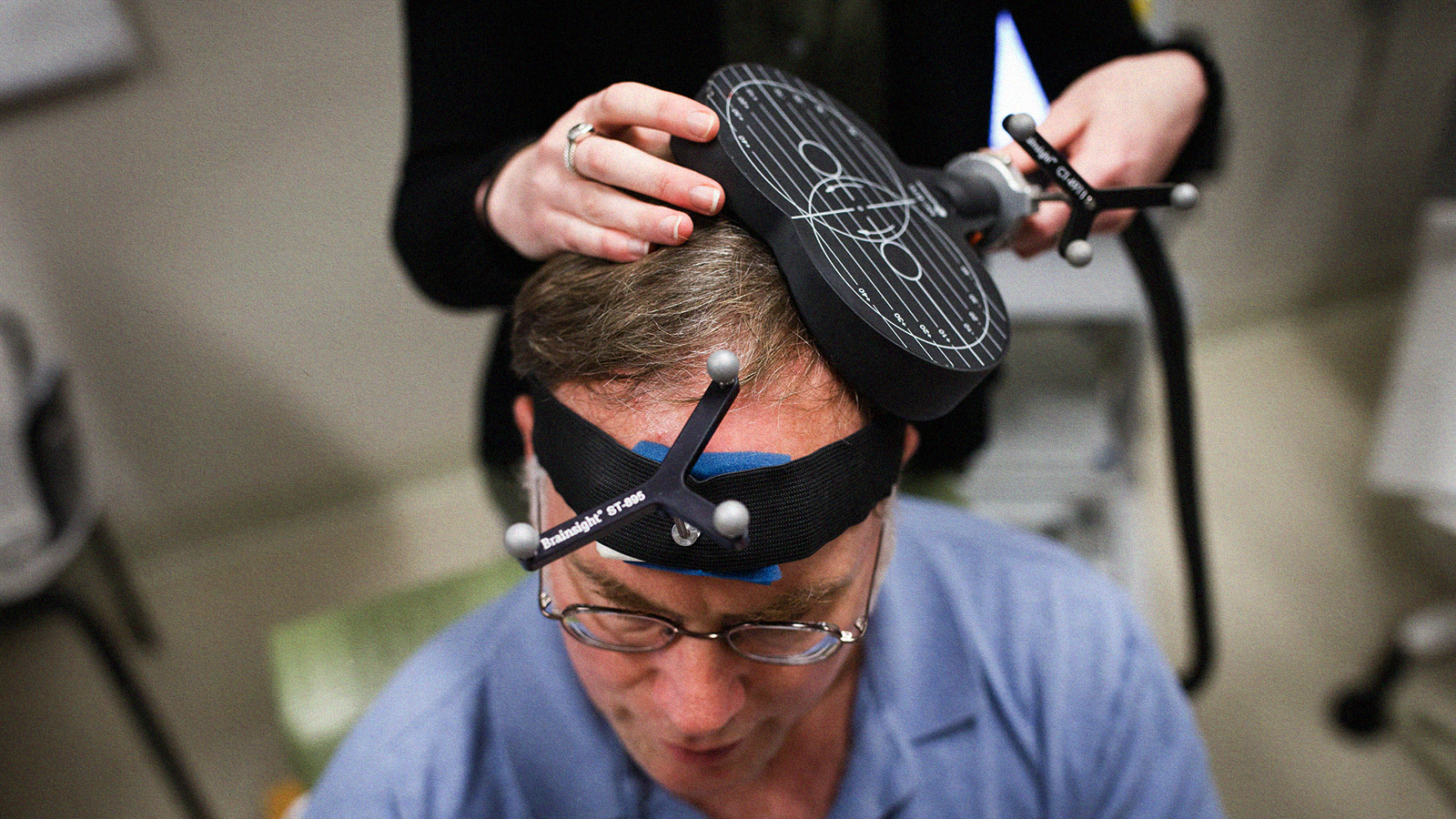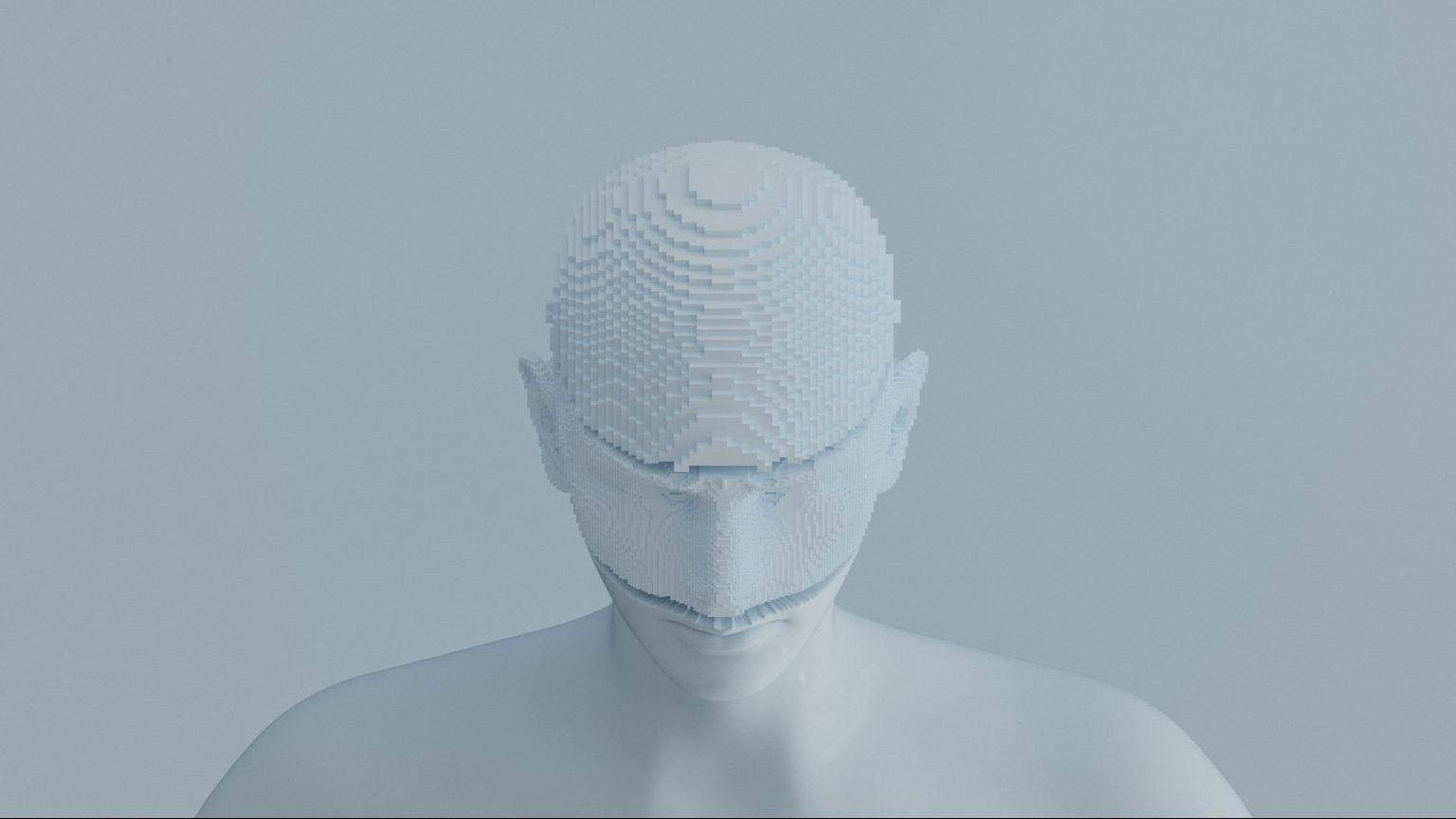When Will Science Give Us Better Brains?

What’s the Latest Development?
By better understanding how the brain encodes messages, neurologists have had some recent success in restoring motor skills to patients with severe physical paralysis. Beyond these attempts to restore the body’s functions to normal, some laboratories are trying to augment the brain’s capacities. “In September this year, American scientists said they had created a way of enhancing a monkey’s decision making by about 10%.” Researchers recorded the brain pattern of the monkeys when they made a correct decision and then fed that same pattern to their brain before they made another decision.
What’s the Big Idea?
Substantial ethical questions are raised by the prospect of brain enhancement. Matti Mintz from Tel Aviv University, who is working to develop an implantable chip that can restore lost movement through the ability to learn new motor functions, asks: “How many neurons do we have to replace by machine parts until we consider our brain a machine? A hundred? Millions? Are we still humans then?” Another problem is hacking. In the future, if electronic signals are communicated wirelessly to the brain, it is theoretically possible for those signals to be intercepted, reprogrammed and injected back into the same data stream.
Photo credit: Shutterstock.com





